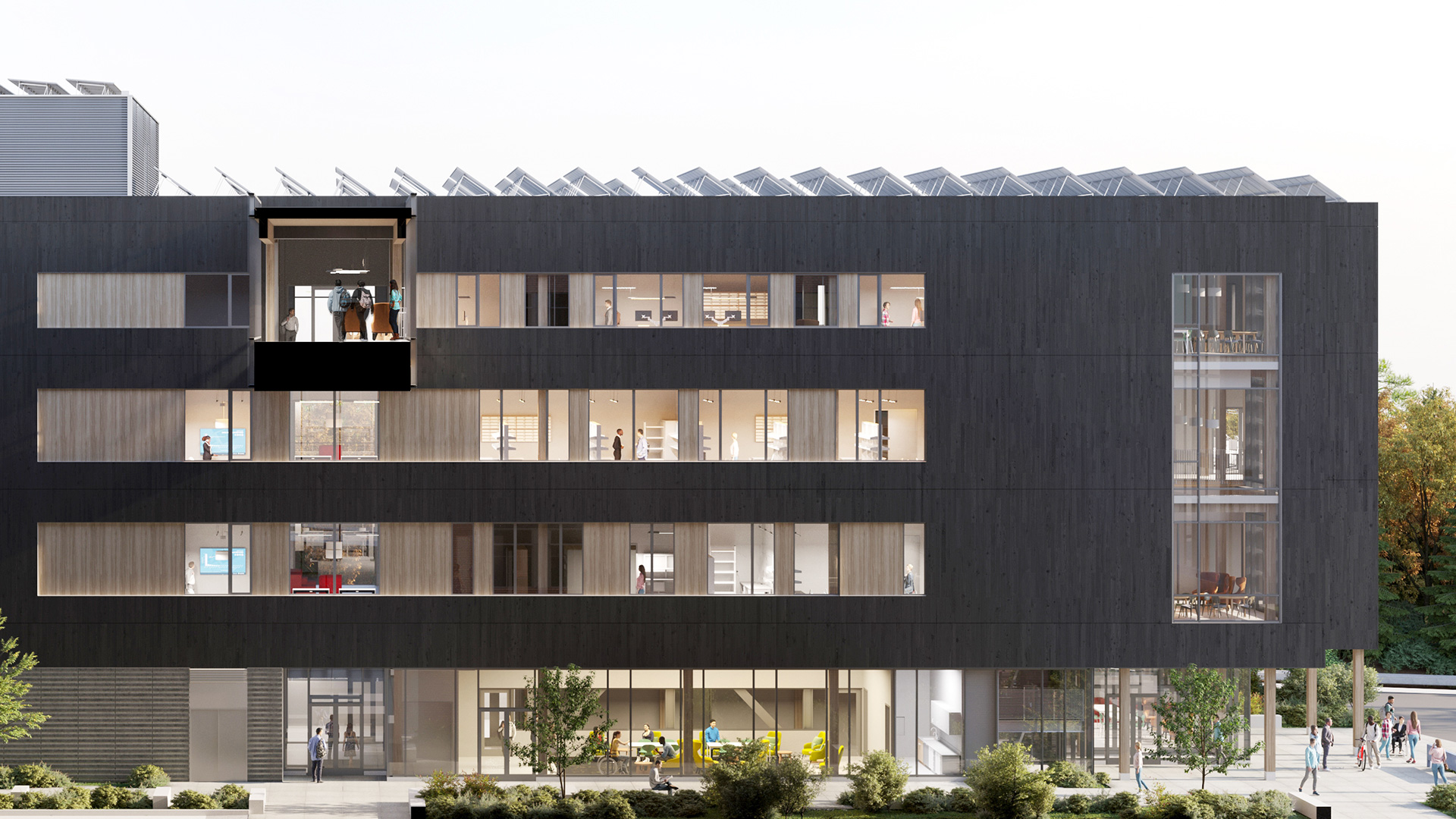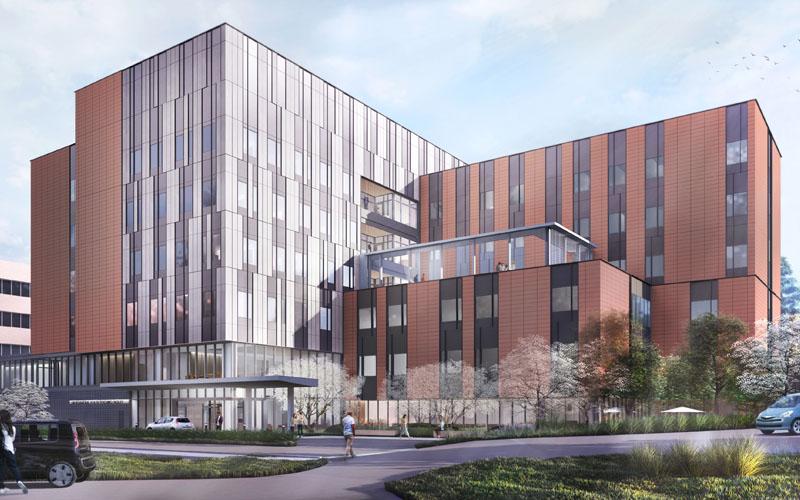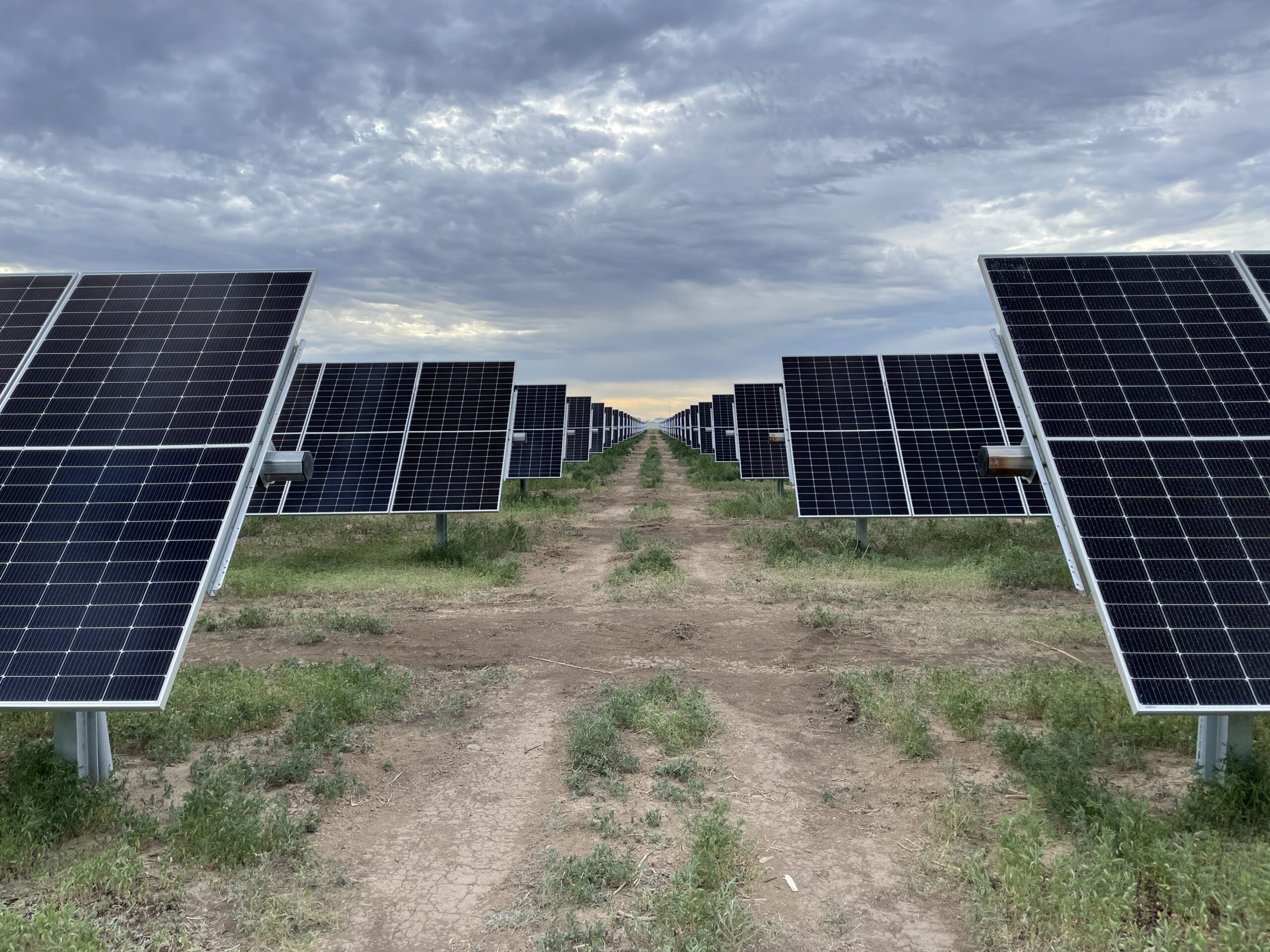The City of Rochester Partners with McKinstry to Revitalize Two of the City’s Landmarks
Rochester, Minnesota is the third-largest city in the state and led by Mayor Kim Norton, elected in 2018. Mayor Norton ran a campaign dedicated to fighting climate change. Her first act as mayor was to sign Rochester in to the “We Are Still In” coalition, a nation-wide coalition consisting of CEOs, mayors, governors, tribal leaders, collegiate presidents, faith leaders, health care executives and others, committed to enacting climate change in the U.S. In 2017, Mayor Norton’s predecessor announced two climate goals for the City of Rochester: a 30% reduction of greenhouse gases by 2025 and an 80% reduction of greenhouse gases by 2050.
To help achieve these aggressive goals, the city partnered with McKinstry to revitalize and optimize two of the city’s landmark buildings, the Mayo Civic Center and the Rochester Recreation Center. The city recognized the opportunity to leverage energy, operational and maintenance savings to defer upfront costs and finance the project over the life of the buildings, saving capital resources for other priorities. The city took advantage of the State of Minnesota’s Energy Savings Program to finance the project and McKinstry guarantees the savings over time.
Located across the river from city hall, the Mayo Civic Center was originally erected in 1939. Today, the civic center sees over 300,000 visitors a year. With high ceilings and several types of performance-specific lighting and design needs, the civic center has a significant carbon footprint. An energy audit of the space included the auditorium, event arena, river view meeting suites, exhibit hall, north lobby and adjacent support spaces.
The energy audit yielded many potential energy conservation solutions and the city was able to implement a number of high-performance measures that positively impacted the visitor experience: comprehensive lighting upgrades, improved lighting controls, a retrofit of the audio system and building controls for optimization of heating and cooling systems. The combination of these improvements will not only save energy and reduce the carbon emissions of the facility, but they will also lengthen the life of the building’s infrastructure while offering visitors a more temperate, well–lit environment to enjoy the diverse civic center programming. Since 2018, implementation of the $2.6 million energy efficiency project has reduced the building’s energy use by 21%, reduced annual carbon emissions by 1,126 tons and reduced annual energy costs by $180,000.
The Rochester Recreation Center, home to several hockey programs, a figure skating club and a swim team, offers a unique interior environment. At any given moment, an ice skater may be practicing their routine on one of two ice rinks, while just a few yards away, swimmers may be practicing for their next meet in the Olympic-sized pool. These two extremely different environments — the ice arena hovers around 40 degrees and the swimming pool area is closer to 70 degrees — magnify the challenge and potentially high costs of heating and cooling a building of this nature. Given the variance in occupant comfort and needs required by each area of the recreation center, McKinstry’s years of experience provided valuable insights to the city as the team collaborated on the creation of a custom energy efficiency solution.
Constructed in 1974 with few improvements since, the recreation center faced many challenges including an aging ice plant refrigeration system, aging mechanical systems, outdated lighting and an overwhelming and inadequate controls system. Upon completion of a comprehensive engineering study, McKinstry designed several energy efficiency measures that utilized project savings to pay for capital-intense repairs including interior and exterior lighting retrofits, ice plant conversion, mechanical improvements and a building controls upgrade. Additional improvements included a new ice rink system with heat recovery, variable speed fans in the pool area, innovative equipment configurations and new control strategies. Annually, the efficiency project resulted in energy savings of $152,000, a 25% reduction of the building’s energy use and reduced carbon emissions by 807 tons per year.
In addition to prioritizing energy efficiency in city-owned buildings, the city is helping local commercial businesses identify ways to improve building performance. In 2018, the city backed up its commitment to climate action by creating a sustainability team to focus on community engagement and oversee a voluntary energy benchmarking program for local businesses. The goal of the program is to encourage business owners and public entities to monitor their energy usage, creating a baseline measurement for future management and improvement.
McKinstry celebrates Rochester’s initiative to not only improve city-owned buildings with impactful energy efficiency projects but to actively encourage and support community engagement through its benchmarking program. McKinstry is proud to support Rochester’s sustainability efforts through impactful decarbonization projects that will keep the residents of Rochester swimming, skating and enjoying the arts for years to come.

Rochester, MN

1,933 tons annually

Government

298,000

Audio Visual
Energy Services
Electrical and Technologies
Existing Building Commissioning (EBCx)

2

$332,000 annually


